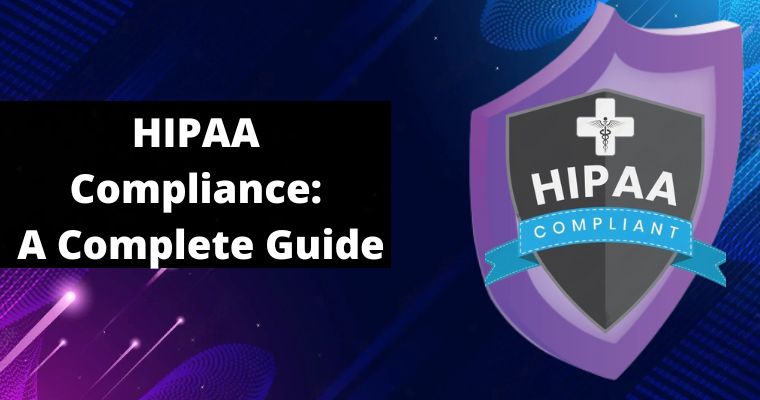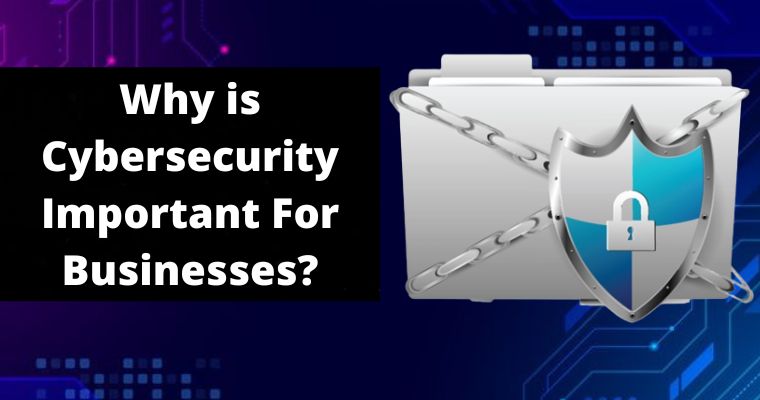A degree in cybersecurity is not required to be a good cybersecurity professional. It’s more important to have skills and experience to be both a good cybersecurity professional and to enjoy the business of cybersecurity,” says Tom Rajan, CEO and principal analyst at SecurityScorecard.
However, it’s not just a skill. “An understanding of the threat landscape is an essential part of becoming a better cybersecurity professional and developing successful solutions for your company’s organizations,” says Rajan.
”The cost of a bachelor’s degree in cybersecurity will vary from school to school, but students should expect anywhere from $30,000 to $50,000 for the fall semester.
Table of Contents
Can I get into Cybersecurity Without a Degree?
The short answer is yes; you can get into cybersecurity without a degree. Many people want to become cybersecurity experts in today’s world, but they don’t have a degree.
So if you are one of those, you just need some certifications and knowledge in the same field. In this article, I will explain the skills and certifications that will help you to become a cybersecurity professional even without a degree.
What are the reasons you can become a cybersecurity professional even without a degree?
- Market
The market is in favor of employees. There is a shortage of cybersecurity professionals, so employers find it challenging to fill the positions. To fill those positions, employers are hiring candidates with no degree.
Sometimes, they prefer candidates giving the relevant training which helps to solve both purposes.
- Experience is essential
There is a very common saying that experience matters the most; it doesn’t matter whether you have a degree or not. There are many people who are in the post of managers and doing great work without having a cybersecurity degree.
- College is not the only way to learn.
There are various alternatives to college if you want to learn. If you want to become a cybersecurity professional, you can enroll yourself in cyber security certifications. These certifications will help you to land a job.
- Certifications can be a substitute for a degree.
You can use certifications as a substitute, and if you have the knowledge, you can use that as a degree. These certifications will help you to have a regret-free professional career.
What are the skills that are required to become a cybersecurity professional without a degree?
You can be a technically capable applicant, but if you don’t have a well-developed set of soft skills, you might not get any job offers.
Employers always look for technical skills and knowledge, but with these, they also look for creative people and have a people-centered approach.
If you want to become a cybersecurity professional, the following are the soft skills that you must have to land a good job.
Soft skills
Cybersecurity professionals are digital detectives; they find out threats before they cause any harm and never stop looking for loopholes in the system.
If you want to excel at this, you need to find the opportunity to learn, explore and improve. Ask questions and look for opportunities.
Attention
If you are in an industry like cybersecurity, where a minuscule loophole in the system can lead to data exposure, proper attention to detail is required.
So if you are thinking of becoming a cyber security professional, you should be able to understand the plans and be capable of noticing and acting upon tiny details.
Imagination
Being able to put yourself in the cyber-attackers shoes will help you to understand how they can approach the system, which will ultimately help you find loopholes in the system.
If you are ready to face a problem, even if its solution can even take days to find. If yes, you become a cyber security professional; otherwise, don’t even think of becoming a cybersecurity professional because finding solutions to the loopholes can even take months.
If you are not ready to face the difficulties, think twice before getting into the industry, as this can irritate you.
Hard skills
Assessing loopholes is one of the essential parts of cybersecurity work. Aspiring professionals must know how to perform risk analysis, as this will help you identify risk and develop a plan to safeguard the system.
In case you don’t have any experience in the field, you should at least know how to react if a breach occurs.
Understanding the basics of digital forensics, the use of tools and software to check wrongdoing, and identifying threats after adverse events is a must in this field.
For companies facing continuous data expansion, cloud systems provide a valuable means to help these companies.
It is the process that enables cybersecurity professionals to secure the far-reaching infrastructure.
Some alternatives to a cybersecurity degree
You can land a cybersecurity job without having a degree, but don’t forget experience and skills are essential.
There are various jobs that at least require certifications if you don’t have a degree.
If you are one of those who don’t have any degree, then you have two options to get knowledge and land a job: self-study and boot camps.
Self-study
You can enhance your technical skills by self-study if you are highly motivated. There are various books, podcasts, etc., which are specially designed to help you. Following are the sources of self-study:
Magazines
Cybercrime Magazine is a trusted source that helps you to learn about cyber security facts, figures, and statistics.
Threat post is a blog that offers the latest news and insights from related sectors.
Podcasts
Darknet Diaries
It is an investigative podcast that shares real-life stories related to cyber security.
Hackable explores the loopholes present in our everyday lives.
Online courses
FreeCodeCamp
It is a platform that you can use to get foundational coding skills that will ultimately help you in your cybersecurity career.
Udemy
It provides hundreds of courses on cybersecurity, but this is a paid platform.
Cybrary
It offers cybersecurity and tech-related courses.
While focusing on theoretical knowledge, don’t forget to gain all the skills that will help you in your cyber security career.
Bootcamp
Bootcamps are a better option as you get a more guided and organized approach to learning. It is a program that is designed to give people practical skills.
These practical skills help people to get a job in the field. Most boot camps provide an offer to do part-time, full-time internships, etc. which allows you to gain experience.
What are the pros and cons of starting a cyber security career without having a degree?
Before developing and refining skills, take some time to focus on what the process will entail.
Positive to enter the cybersecurity field without a degree.
- The training that you will get focuses on marketable technical skills.
- You don’t need to dedicate years and resources to upskill yourself.
- If you have experience in related fields, you can look for alternative training options which provide a more efficient path to a cyber security career than having a college degree.
Negatives of not having a cybersecurity degree.
- You probably need to work harder to convince employers to give you a chance without a degree.
- If you have a non-technical background, you will have to invest time and money in an educational route that can provide you with technical skills.
- If you want to do self-study, you will need to be self-motivated and dedicated.
Don’t forget to understand the educational part you are thinking of taking
properly to understand the academic part you are thinking of taking properly.
What jobs can you do without having a cybersecurity degree?
There are various entry-level cybersecurity jobs available for those who don’t have a specific degree.
Cybersecurity specialist
This professional works to protect the employer’s system from cyber-attacks. They test firewalls, software, and applications and use their findings for improvement.
For this, you need to have some programming skills and an understanding of security principles.
System administrator
This person manages information technology services.
Junior penetration tester
They specialize in working like cyber-attackers to test security systems. Technical skills are crucial for the job.
Information security analyst
They create and implement procedures that the whole department follows to protect the systems from breaches.
So, you can get into the cybersecurity profession without a degree, either via a highly practical Bootcamp or self-guided education. Each option has its own pros and cons, so think before choosing the path.
There are various jobs that you can apply for. Still, have any doubts? Ask me in the comment section and I will try my best to help you.


